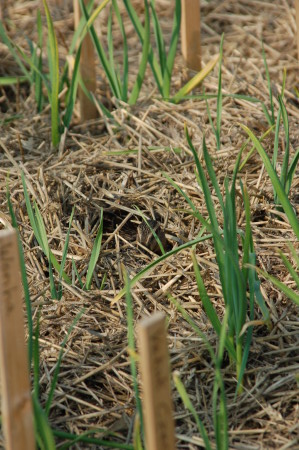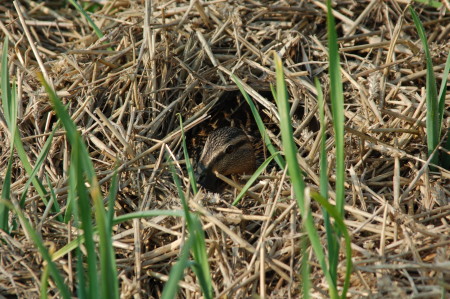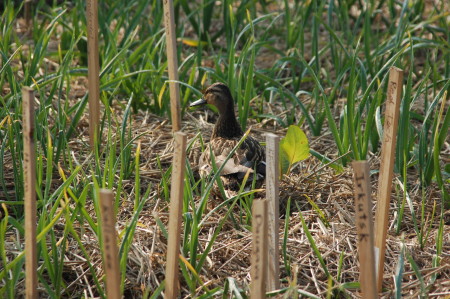Protect Yourself
While the risk of death appears to be lower than previously thought, it’s not nice to get sick and a small percentage of people who do get sick will die. Follow the generally published advice including covering your mouth when you sneeze, washing your hands often and if you are in an area of an outbreak, avoid crowded or enclosed places where the virus can spread.
Respect Others, Including Mexicans
The virus has now spread over a large area, and anyone can be infected. There is no reason to single out any ethnic group as being more at risk, not the least of which Mexicans. Everyone deserves to be treated with respect. Don’t use the flu outbreak as an excuse to be racist.
Don’t Eat Pork
It doesn’t matter how often we’re told it’s safe to eat pork products.
Many people feel it’s a point of debate if pork or factory farm pork is healthy in the first place. It’s not the point if it’s safe, the point is factory pig farming was most likely behind the current flu outbreak, and we should vote with our pocketbooks! The best thing would be to completely give up eating factory farm (pork) products, but at least during the current crisis let your anger at the situation be known by refusing to buy the products behind it.
Don’t listen to the arguments it will hurt the economy or leave people unemployed. This industry needs to be restructured as much as any other, just like the car manufacturers are in trouble for building out of date cars, the food industry is just as out of date. The world’s food industry is the largest global source of greenhouse gasses, looks likely to be exempt from Kyoto Protocol limits, and these methods of raising food are killing the planet.
Stand Up to Corporate Welfare
You can be assured after the crisis passes the politicians will all be lining up to give the factory farming industry compensation over their losses. This will most certainly be done quietly and they will hope no one notices. Watch out for this, take a stand against it, and spread the word so others can voice their opposition too.
Support the Rights of the Workers
A lot of people will lose their jobs in the wake of this crisis. Support their rights to severance pay, unemployment benefits, health care and assistance finding other jobs.




